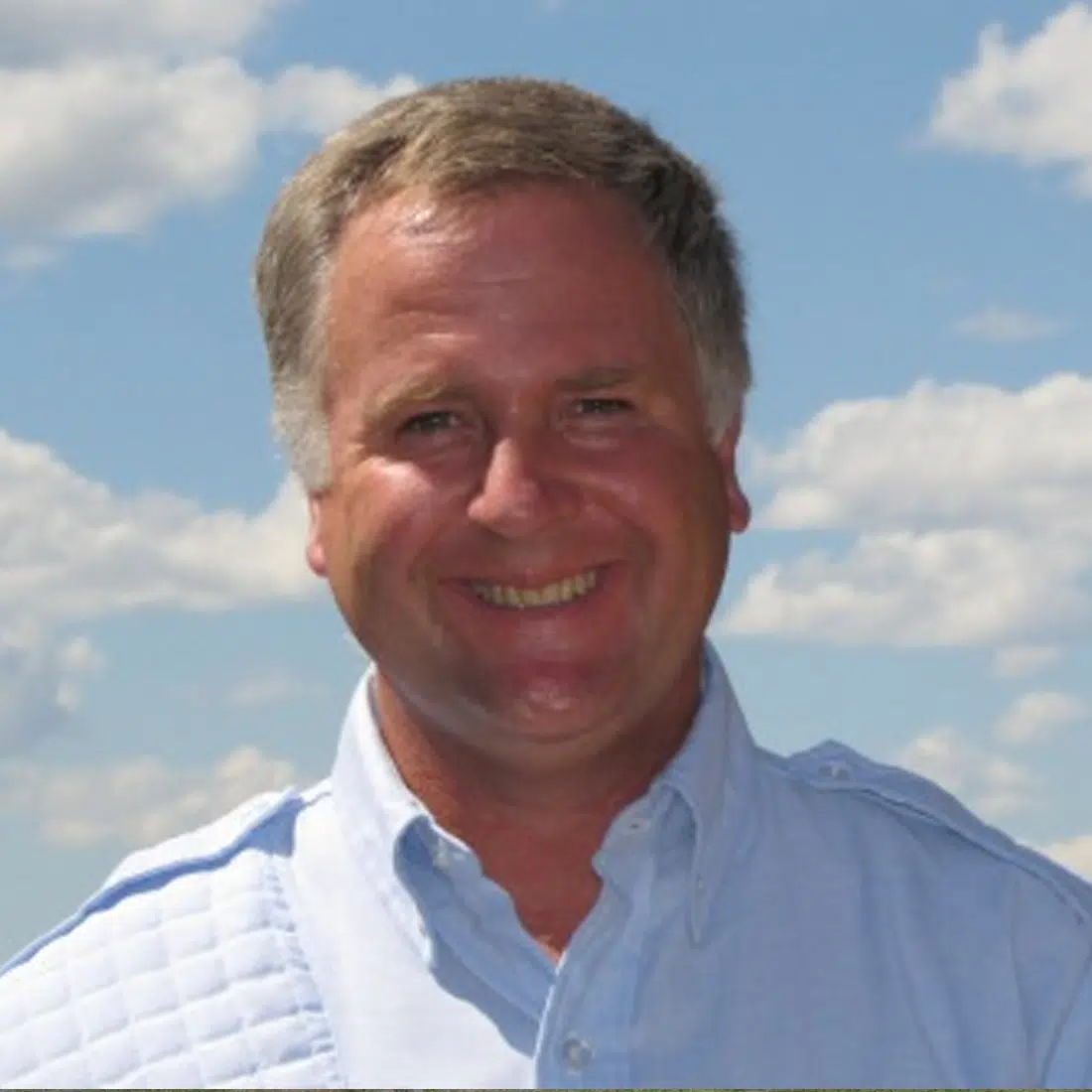By Paul Carrel and Madeline Chambers
BERLIN (Reuters) – German Chancellor Olaf Scholz said on Wednesday his government would make Europe’s largest economy fit for the future by fostering investment in climate protection and digitalization, vowing no one would be left behind in this major transformation.
The Social Democrat’s first major address to parliament since replacing conservative leader Angela Merkel last week focused largely on domestic issues, emphasizing the need for modernization, better integration of immigrants and more equal opportunities.
Yet the 63-year old also underscored the importance of strengthening the European Union and standing shoulder-to-shoulder with transatlantic allies in the face of security threats like the Russian military build-up in Ukraine.
“We have about 23 years ahead of us in which we must and will get out of fossil fuels which means the biggest transformation of our industry and economy in at least 100 years,” said Germany’s new chancellor.
Scholz served as vice chancellor and finance minister in coalition with Merkel over the past four years. But he has vowed his unprecedented three-way coalition with the ecological Greens and liberal Free Democrats would be a “restart”.
His immediate priority however would be tackling the pandemic, warning there would be “no red lines” for his government in fighting Germany’s fourth wave and imploring citizens to get vaccinated.
On foreign policy, Scholz said the success of the European Union was a top priority for Germany and his government would work to strengthen the bloc. One aim was to see qualified majority voting at the European Council expanded.
Scholz, who is set to participate in his first EU summit as chancellor on Thursday, has big shoes to fill after Merkel helped navigate the bloc through multiple crises during her 16 years in office.
The two leaders share a down-to-earth, conciliatory manner and calm rather than charismatic attitude – qualities on display in his sober speech on Wednesday in which he thanked Merkel for her handover that was, he said, a global lesson in citizenry.
On Europe’s most immediate crisis, Scholz reiterated warnings that any violation of Ukraine’s territorial integrity by Russia would have a high price although Berlin still wanted a dialogue with Moscow.
“We will speak with one voice here with our European partners and our transatlantic allies,” said the leader who has paid visits to Paris, Brussels and Warsaw since taking office last Wednesday.
(Reporting by Paul Carrel and Madeline Chambers; Writing by Sarah Marsh; Editing by Maria Sheahan, Alexandra Hudson)







